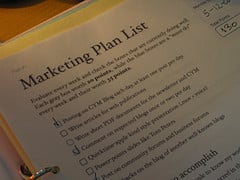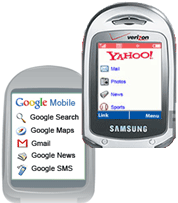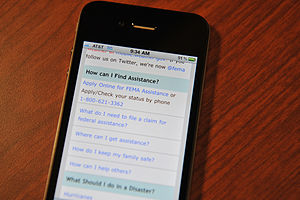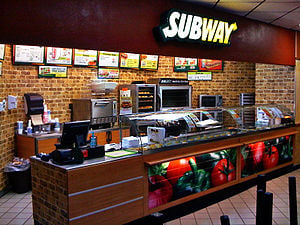Landing Page Management Processes (3)
[caption id="" align="alignleft" width="210" caption="Khafres pyramid in Giza, Eqypt"] [/caption] A military tactical mo …
4 Insights to Marketing Success
[caption id="" align="alignleft" width="240" caption="Marketing Plan"] [/caption] A cook starts with a recipe. A tourist …
Can You Stick Your Landing Pages?
[caption id="" align="alignleft" width="166" caption="Landing page structure"] [/caption] Have you been in business all …
m-commerce
[caption id="" align="alignleft" width="178" caption="Mobile Internet Capability"] [/caption]
Are You Aware of the Mobile Web?
What is the mobile web? I have never heard this term before I found an article about it. The mobile web is the next step …
Getting More Likes on Facebook
[caption id="" align="alignleft" width="240" caption="Like Button"] [/caption] Facebook business fan page owners are in …
The Like Button Stays; Share and Recommend Go
[caption id="" align="alignright" width="266" caption="Facebook"] [/caption] Facebook is making it easier for a person t …
How to Get Sharing to Work for You
[caption id="" align="alignleft" width="240" caption="SUBWAY"] [/caption] How many of you have tried your hand in social …
Why Social and Sharing Media are not the same thing
[caption id="" align="alignright" width="240" caption="Original Starbucks"] [/caption] How many of you have tried your h …
What are Social Listening Strategies and the Voice of the Customer?
[caption id="" align="alignright" width="200" caption="Image via CrunchBase"] [/caption] Have you been in business all y …
.png?width=302&height=75&name=BVM%20Logo%20-%20transparent%20(1).png)










